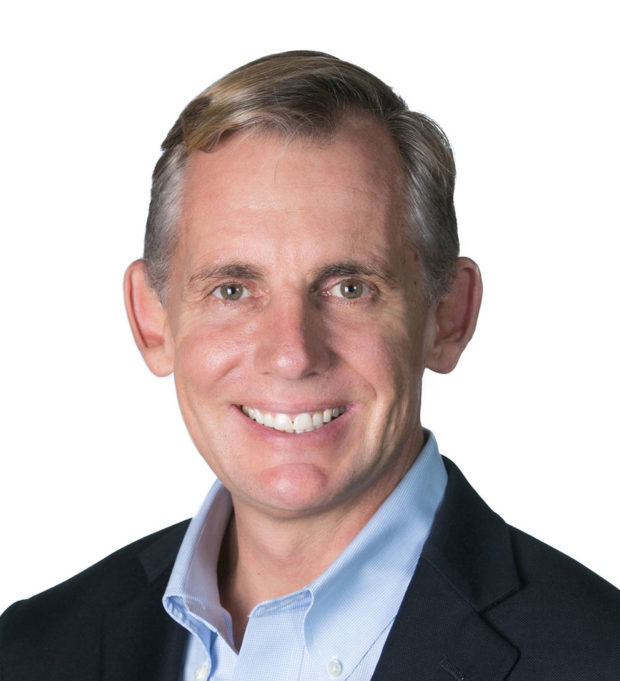
Alan Osetek is the former Global CEO of the programmatic solutions company Digilant. Prior to Digilant, he was the Global President of Resolution Media which is the search, social and programmatic media buying unit of Omnicom Media Group. He is an experienced digital industry executive with a long history of working in the digital, marketing analytics, technology and advertising industries.
How do you define ‘digital strategy’, from a CMO’s perspective?
In today’s technology landscape, consumers now spend the majority of their media and content consumption time in the digital realm. Hence, a solid digital marketing strategy has become the CMO’s new best friend. From the CMO’s perspective, digital strategy needs to live within the overall business and marketing strategy. And this is sometimes easier said than done. The CMO typically defines the digital strategy by first defining overall goals, which could be attracting more prospects, extending the lifetime value of a customer, converting more leads or closing more sales. And probably most importantly for today’s CMO, the digital strategy must have a clear and accountable measurement system that shows contribution to the overall marketing and business success. The CMO must report back to the CFO/CEO and answer the question, “How the digital strategy and its execution effect the companies bottom line and help drive growth and profits?”
What kind of mobile device(s) do you have, and what are your three favorite apps?
Well, I own a Samsung Galaxy Note 8 and I’m probably the only person I know that doesn’t own an iPhone! I used to own an iPhone but have had Android phones the last six years. I am seriously contemplating switching back to an iPhone because I’m tired of being the only Android phone in group iMessaging chats. My app usage is quite boring and my three favorites are Waze, Slack, and WhatsApp. I’m still quite surprised WhatsApp hasn’t taken off in the USA like it has rest of world. We’ll see what Facebook has to say about this as they build tighter integration across WhatsApp, Facebook and Instagram this year.
What’s your biggest concern about the current state of the digital marketing industry?
The industry has had an amazing run for nearly 20 years, and it’s still growing and evolving, but it seems like it’s also due for a correction. There’s a lot of fat in the ecosystem, a lot of inefficiencies, if you will, and it seems to me that there is a need for an industry-wide scrubbing on the horizon. [Editors note: see our Digital Marketing Audit strategy brief for more information about this issue.] If you look at the Luma Partners well-known Lumascapes related to various fields within digital marketing the field is still quite crowded. In each category of the Lumascape there is still too many niche companies doing the same thing and many people believe (including myself) consolidation still needs to happen. Maybe 2019 will finally be the year.
What advice do you have for aspiring marketing professionals, in terms of how they think about digital trends?
I see a lot of demand for digital marketing technical skills in specific fields such as SEM, SEO, social media and content creation and curation. And as a younger person entering into the marketing profession, becoming an expert in any of these fields is a great way to get into the game. It’s especially favorable to people that have a technical, analytical or creative aptitude. However, to really advance as a digital marketing professional, it’s critical to develop a variety of non-digital and marketing skills as well. While digital has moved more towards the center of the overall marketing mix, related competencies such as omnichannel and creativity are arguably more important than ever. Brands still struggle with connecting with consumers on a personal and emotional level. Just because digital theoretically allows for a one to one interaction with consumers, the connection still has be meaningful. So the aspiring marketer must be a student of all facets of the traditional marketing mix too.
What three publications – in any format – do you read regularly?
I read the WSJ and NY Times every day. I also read a plethora of daily and weekly newsletters from people I respect in the digital and techology industry. Two of my favorites are Darren Herman’s daily Nuzzel Newsletter and Scott Gallaway’s weekly “No Mercy / No Malice”. I also listen to all of Gallaway’s podcasts.
Follow Alan Osetek on Twitter and connect with him on LinkedIn.
